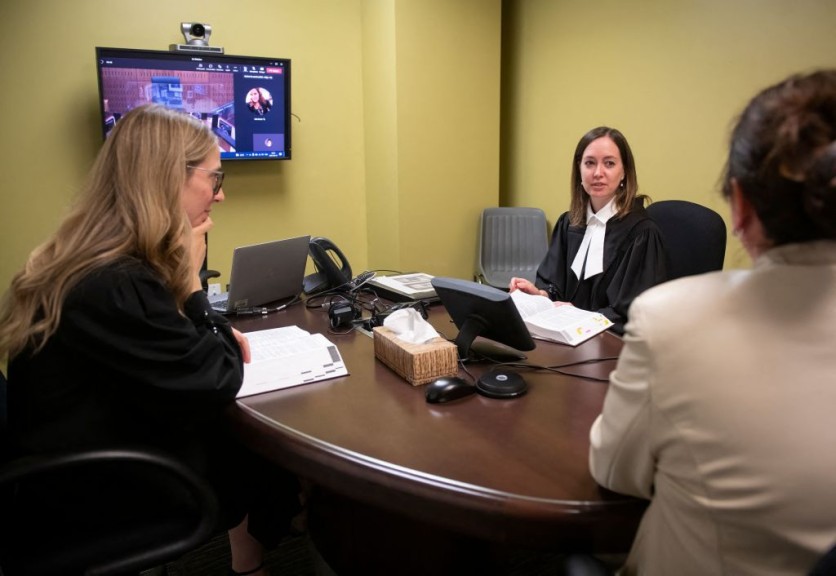The benefits of generative artificial intelligence in legal work have been proven by a trial by UK law firm Silver Circle. The study reportedly found that lawyers writing their drafts with AI took only half the time it would have taken them to write them independently.
Tara Waters, a London-based associate and the firm's chief digital officer, noted that the Silver Circle firm chose to develop its technique for assessing legal IT solutions because no one else did. She underlined that it establishes a platform for future AI tool reviews.

The trial discovered that attorneys saved 45% of the period it would have needed to write the initial version of a legal brief utilizing generative AI methods, roughly 2.5 hours for each briefing draft.
They also saved 80% of the time required to produce UK corporate filings that required reviewing and extracting information from articles of association and 59% of the time required to draft reports regarding industries and sectors utilizing company filings.
From November to March, Ashurst ran the experiment to assess how much AI helped its attorneys accomplish their jobs, taking into account metrics such as time saved, accuracy, and quality of output.
Although the Ashurst experiment was broadly based, it did not include any customer data or work output. The company invited almost 400 employees to attend, including attorneys at all levels and practice areas and business professionals. Waters stated that after the company has completed testing AI tools, it plans to begin deploying the technology for client-facing work.
Gen AI vs. Human Legal Work
It evaluated three products: one specially created for attorneys, one more general-purpose AI tool, and one built for a specific legal activity. The business stated that it could not reveal the identities of the instruments evaluated.
Some testing was "blind," with a four-lawyer panel analyzing UK case summaries created by humans and AI without knowing which.
The panel failed to recognize half of the AI-created output as AI, whereas it correctly identified human-created stuff.
In 67% of situations, generative AI output was at least as accurate or legally correct as a first draft by a human lawyer. Human output had better average accuracy ratings, while AI material varied more than human-created content in its correctness.
ChatGPT as Lawmaker
AI in legal work continues to be a question that multiple studies try to answer and understand using different approaches.
While Silver Circle's trial focuses on AI-assisted lawyers, a study from Charles Darwin University examined the abilities of OpenAI's popular AI tool ChatGPT in evaluating and creating domestic violence legislation to compare its quality to that of human legal experts, especially those portrayed by the Australian Law Council.
While ChatGPT was useful in categorizing and identifying patterns of domestic abuse, the study found that human drafting is still superior in terms of developing high-quality legislation.
ChatGPT's references frequently drew on US law, emphasizing the significance of contextual awareness and the differences in legal systems between nations.
Related Article : Lawyer Hosting Website That Uses AI-Copied News Stories Will Not Face Legal Action from ACM

ⓒ 2025 TECHTIMES.com All rights reserved. Do not reproduce without permission.




